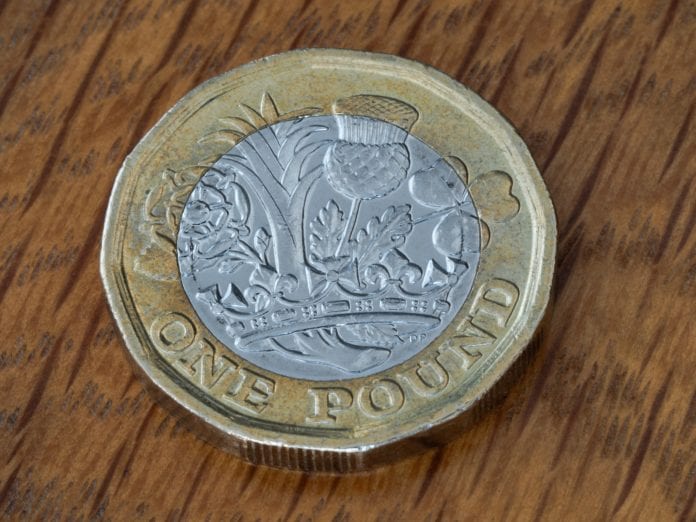Most cars are bought on finance – in other words, with money borrowed to cover some of the price. It’s easier to finance a car than to find a big lump sum if you are spending thousands of pounds. However, for young drivers buying their first car, arranging finance can be trickier than for an older driver. We’ll talk you through the pros and cons of the different finance options.
What options are there for financing my car?
Personal Contract Purchase (PCP)
PCP is the most popular finance option, and it’s not hard to see why. A PCP makes a car more affordable by reducing the monthly payments. If you see a car advertised as “from just £99 per month”, you can bet it’s a PCP deal. After stumping up a deposit you pay a set amount per month for, say, three years, but at the end of the loan, you’ll need to find a lump sum if you want to own the car. You don’t have to pay up, you can just hand the car back. Or you can part-exchange the car and use the difference between the final payment and the car’s value as a trade-in as the deposit to start a new deal. Sometimes the cost of servicing is included in the monthly payment.
Although PCPs are a common way to finance a new car, they are also an option if you are looking to finance a used car.
Good – Affordable monthly payments; some PCPs include servicing and insurance
Bad – You won’t own the car at the end of the loan unless you make a big final payment; watch out for penalties for exceeding mileage limits.
Personal Contract Hire (PCH)
Think of Personal Contract Hire as a less complicated alternative to PCP. There’s no big lump sum to pay at the end of the loan, so there’s no decision to be made about whether to buy the car, hand it back, or use it as a deposit to buy another. That’s because a PCH is really a long-term rental agreement, so you’re not buying the car at all. Otherwise, PCH is much like a PCP. You make a deposit (often the equivalent of three months’ rental), then pay a set amount each month. Sometimes servicing and insurance costs are included.
Personal Contract Hire is a common way to fund a new car, but there are now some companies leasing used cars.
Good – Low deposit; predictable costs
Bad – No option to buy; penalty payments if you drive too far
Hire Purchase (HP)
This is one of the most straightforward ways to finance a used car. You pay a deposit, followed by a series of equal monthly payments (generally over two, three or four years). At the end of the loan you’ve paid for the car in full, and unlike a PCP or PCH mileage isn’t restricted. The trouble is, without PCP’s big final payment, monthly bills are much higher. However, if you want to own the car at the end of the loan HP can be cheaper when you add up the total cost.
Good – Easy to understand; no big final payment
Bad – Higher monthly bills than a PCP
Personal loan
Rather than borrowing money from whoever is selling you the car, you could take out a personal loan from a bank or finance company. However, lenders will want you to be 18 (or in some cases 21) before they’ll consider loaning you money. It may be easier to find a willing lender if you have a guarantor for the loan (usually a parent) but they’ll have to pay up if you don’t, which could make for a frosty atmosphere at the dinner table…
Good – No need to find the money for a deposit
Bad – Can be expensive; young drivers may not qualify
Credit card
You’ll need to be 18 to have your own credit card. Interest rates are usually high, so a credit card makes the most sense as a way to pay for a car if the card has a 0% interest rate for a limited time and you’re in a position to pay off the car before the interest-free period ends. These 0% deals are usually only available to borrowers with a good credit score, so in practice you may have to lean on mum or dad to use their credit card.
Good – 0% special offers; additional legal protection
Bad – High standard interest rates; not available to those under 18s


